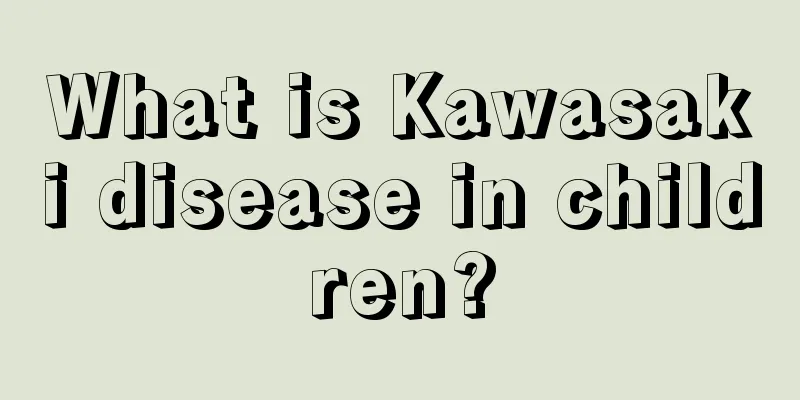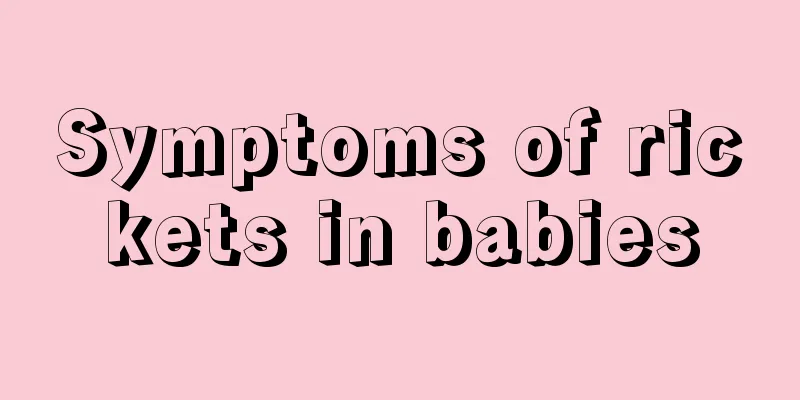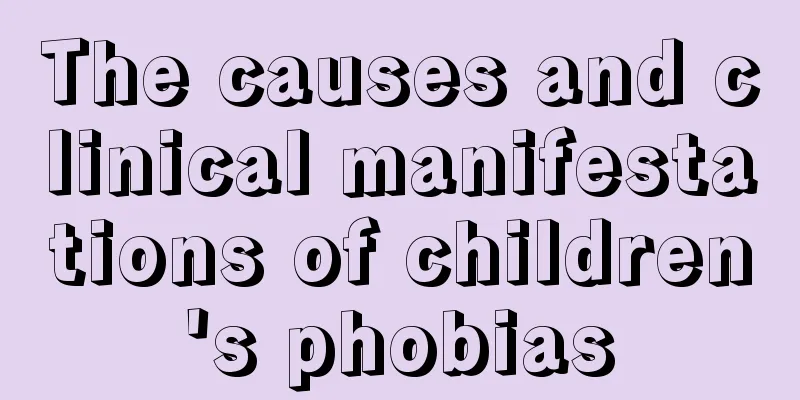Reasons why babies snore when they sleep

|
Some mothers usually don’t care too much when they find their babies snoring when they sleep, because the babies don’t cry or make a fuss so mothers seldom pay attention to it. However, this approach is obviously wrong, especially for babies of a few months old who cannot speak and cannot express themselves if there are any physical abnormalities. The key lies in whether the mother is careful and can find that the baby is a little different from usual. So what are the reasons for babies snoring when they sleep? Let’s find out together. 1. The nasal congestion of acute rhinitis develops very quickly, usually reaching a climax within a few days and may disappear on its own in about a week, and may be accompanied by systemic symptoms such as fever and dizziness. Acute rhinitis is what we usually call a cold. 2. Chronic simple rhinitis is often paroxysmal or alternating, lighter during the day and heavier at night. It is often affected by body posture, and the nasal congestion in the lower nasal cavity is more severe when lying down. After using nasal drops and ephedrine solution, nasal congestion can be improved for a long period of time. 3. Chronic hypertrophic rhinitis is often characterized by persistent nasal congestion, which is insensitive to ephedrine and nasal drops, or the nasal congestion improves only a few minutes after use and then reappears quickly. Hypertrophic rhinitis can be treated surgically if necessary, or microwaves, lasers, etc. can be used to reduce the size of the nasal concha. 4. Drug-induced rhinitis is a common rhinitis caused by frequent use of ephedrine, which manifests as insensitivity to nasal drops or a short duration of improvement in nasal congestion. At this time, the use of such drugs should be stopped as soon as possible. 5. Allergic rhinitis is often accompanied by sneezing, clear runny nose, and nasal itching. It can occur year-round or seasonally. Patients with allergic rhinitis may have asthma, especially children. 6. Atrophic rhinitis may be accompanied by dry nasal mucosa, bloody nasal discharge, and numerous crusts. 7. Chronic sinusitis can cause nasal congestion and yellow purulent nasal discharge, which may be accompanied by headache, dizziness, memory loss, etc. The purulent nasal discharge may last for a long time after a cold and may not improve. Sinusitis can coexist with nasal polyps. 8. Nasal congestion caused by nasal polyps is usually persistent and progressive, and can be unilateral or bilateral. Symptoms of allergic rhinitis may occur. 9. Nasal congestion caused by sinus cysts is often progressive and may cause symptoms such as yellow watery nasal discharge. Dizziness may also occur. 10. Nasal congestion caused by sinus tumors is mostly progressive, unilateral or bilateral, and may have other complications. If there is nose bleeding at the same time, you need to be alert to the possibility of malignant tumors. If there is ear stuffiness, neck mass, and blood in the retracted nasal discharge, you should also pay attention to the possibility of nasopharyngeal cancer. However, it can only be confirmed after going to the hospital for examination. 11. Nasal congestion caused by deviated nasal septum is usually unilateral but can also be bilateral, and is more common in young people. It often manifests as persistent nasal congestion, which may have symptoms of sinusitis, and may also occur with other nasal diseases such as allergic rhinitis. 12. Some patients may also have nasal congestion due to narrowing of the nasal valve area and collapsed nasal wings. 13. Congenital nasal obstruction may be caused by choanae atresia. Children who breathe with their mouths open and snore during sleep may have enlarged adenoids. If there is unilateral nasal obstruction or purulent nasal discharge, pay attention to whether there is a foreign body in the nasal cavity. First, observe whether the baby has other symptoms, such as coughing or fever. If not, it is just a normal blocked nose. You can use a nasal aspirator to treat it. It is a normal phenomenon. If you have a fever, you may have inflammation and should see a doctor. Many mothers do not know much about a lot of professional knowledge, such as when their baby snores while sleeping. Therefore, for the healthy growth of their baby, it is recommended that if the family conditions are good, they can attend a childcare class. This way, if they encounter any situation before the baby is one year old, they will not be at a loss and not know what to do. |
<<: How should tracheitis with sputum in children be treated?
>>: Heel blood screening method
Recommend
Diaper rash
Many new parents become very anxious when they fi...
What to do if your child has mental problems
If a baby grows up in a normal family, he will be...
Symptoms of food indigestion in children
When it comes to children, what parents worry abo...
Why does my baby sweat a lot when sleeping?
Many children nowadays are only children and are ...
What causes black spots on one-year-old baby's teeth?
Teeth are an important part of our lives and an i...
What causes calf pain in children?
Children are in a period of growth and developmen...
The child fell on the back of his head and had a headache. What happened?
Everyone will fall down during the process of gro...
What should babies eat when they have nosebleeds?
Children are prone to nosebleeds. There are many ...
Can children drink soy milk?
Children’s diet is different from that of adults,...
How to prepare sea bass as baby food?
Sea bass is a very delicious food in our daily li...
Is it good to bathe babies every day?
Is it good for infants and young children to take...
Is it normal for a 10-year-old girl to have her period?
Menstruation is a common physiological reaction a...
Children's nails are uneven
The surface of the nails looks rough and very une...
How many months does it take for a baby's head to take shape?
Some adults may find that their head shape is bia...
How to correct baby's protruding ears
We often say that babies with protruding ears are...









